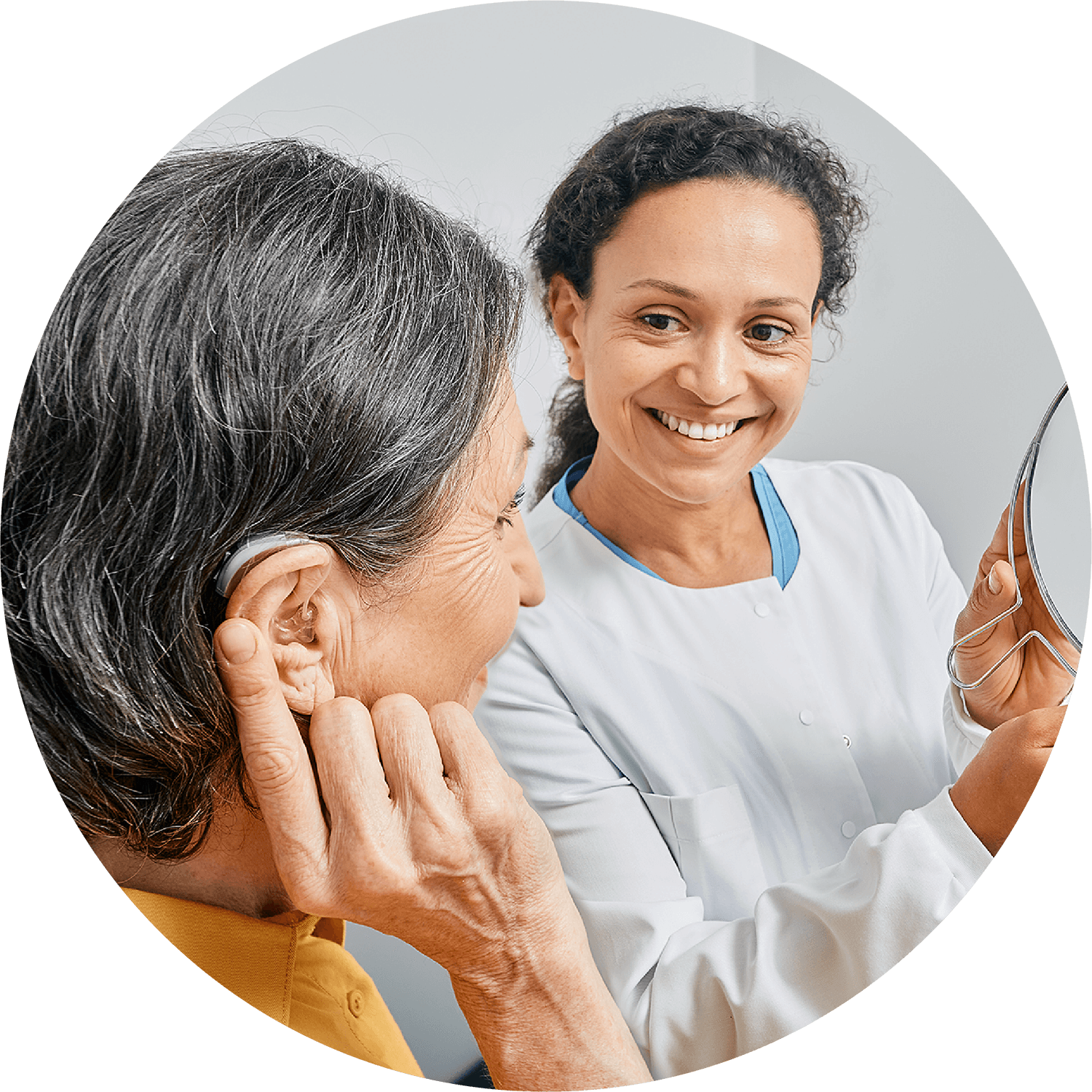What To Expect At A Hearing Test

Preparing for a Hearing Test
Before your hearing test, there are a few things you should know to help prepare. First, it's important to us know if you have any medical conditions or if you're taking any medications. Some medications can affect your hearing, so it's important to be upfront about this information.
Hearing Examinations
We proudly provide mobile hearing services, which means you’d take the battery of hearing tests in the comfort of your own residence! There are several steps involved to ensure that we get an accurate assessment of your hearing.
First, we will conduct a physical examination of your ears. This includes looking in your ears to check for any visible issues such as wax build-up or ear infections. We may also use an otoscope, which is a small lighted instrument, to get a closer look inside your ears.
Next, we will conduct a pure-tone audiometry test. During this test, you will wear headphones and listen to a series of tones at different frequencies and volumes. You will indicate when you can hear each tone. This test helps us to determine the softest level at which you can hear each frequency of sound.
We will also conduct a speech audiometry test, where you will listen to different words or sentences at different volumes and repeat them back to us. This test measures your ability to hear and understand speech.
We will also take the time to go over your medical history and ask about any concerns you have regarding your hearing. This information is important to help us understand your hearing profile and provide you with the best treatment options.

Follow-up and Treatment
After the test, we will go over the results with you and explain what they mean. If the results indicate that you have hearing loss, we will discuss treatment options with you. The most common treatment for hearing loss is the use of hearing aids, but we will also discuss other options as needed.
We will also schedule follow-up appointments to monitor your progress and make any necessary adjustments to your treatment plan. Regular follow-up appointments are important to ensure that your treatment is working effectively.
A hearing test is a simple and painless way to learn about your hearing health. By getting your hearing checked regularly, you can catch any hearing loss early and take steps to improve your hearing. Don't let fear hold you back from getting a hearing test. The benefits of early treatment far outweigh any concerns you may have!
